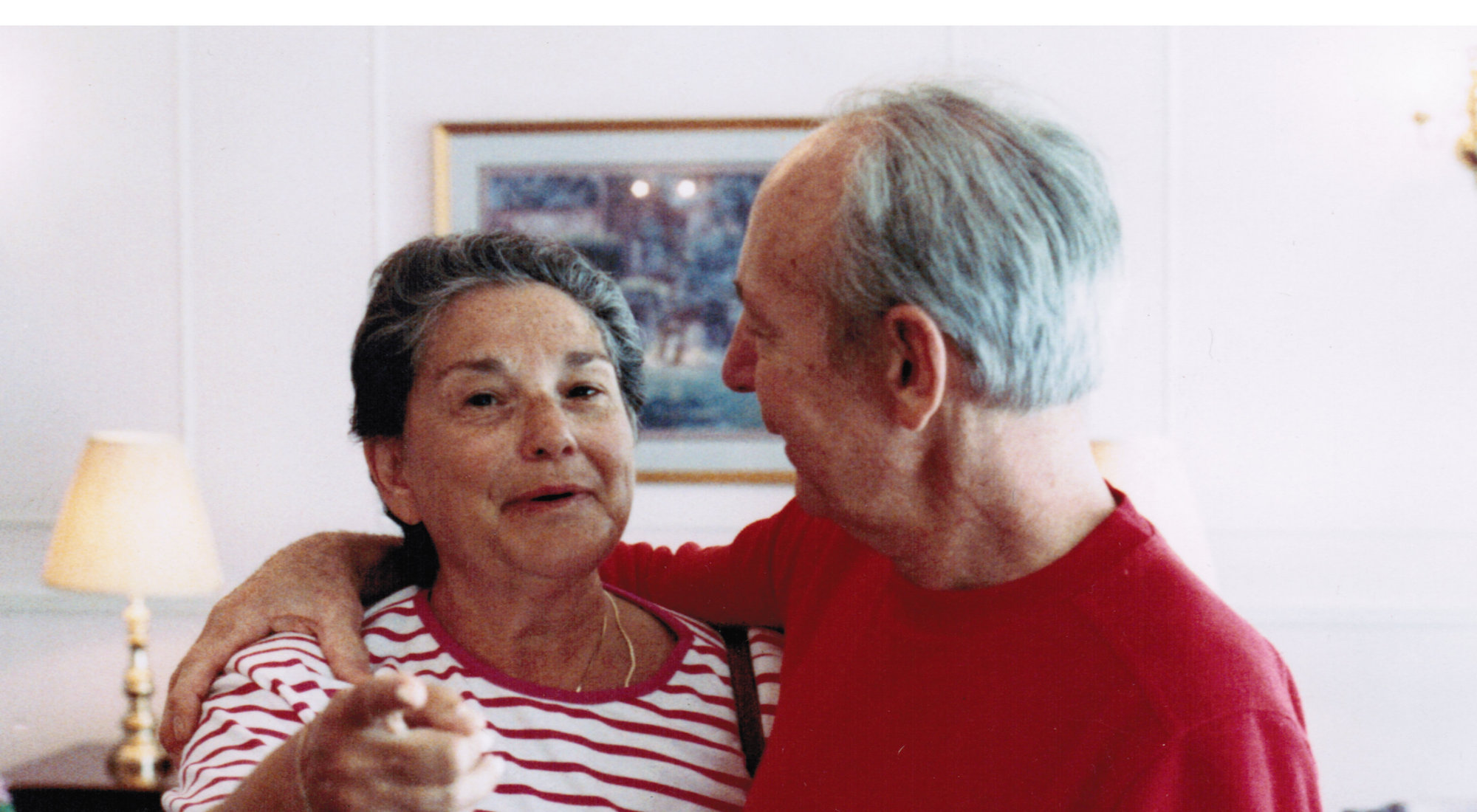In keeping with our goal of supporting individuals with dementia and their caregivers, here is an article about finding ease and joy in art. It is something that can be done at home with family members, bringing generations together.
http://www.dailypress.com/entertainment/dp-fea-pfac-alzheimers-art-matters-20180316-story.html
The use of finger, wrist and arm movements, from the MAP perspective, stimulates and preserves muscle memory as indirect preparation for other tasks, including, for example, retaining the ability to feed oneself, sewing, knitting and gardening.
For multi-generational interactions, using both adult and children’s coloring books are a wonderful way to strengthen bonds of love as we make pictures together.
Look for task and activities that have those qualities – movement large and small muscle groups, focus on things that really cannot be done wrong, and that we can do together or side-be-side. These will always bring both ease and joy, which make life meaningful.
